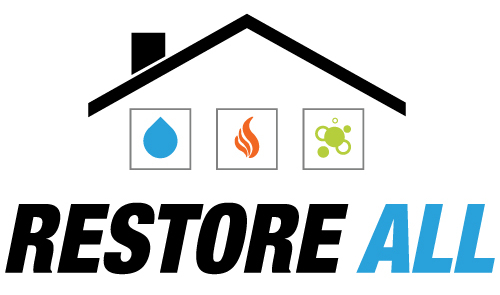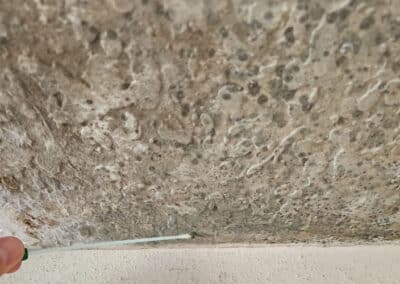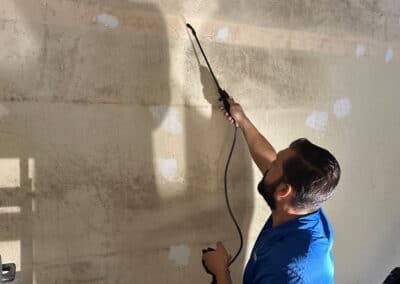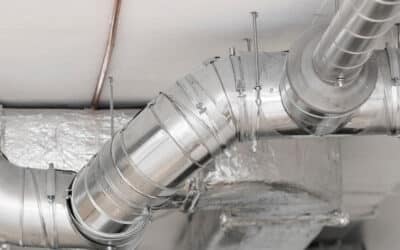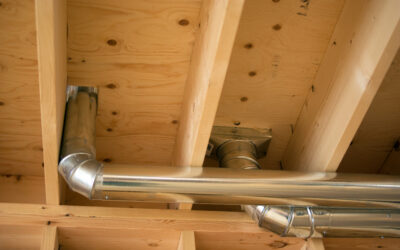Duct Sealing Services

Get comfortable, breathe healthier air, save money, and protect the planet with our simple home duct sealing solution.
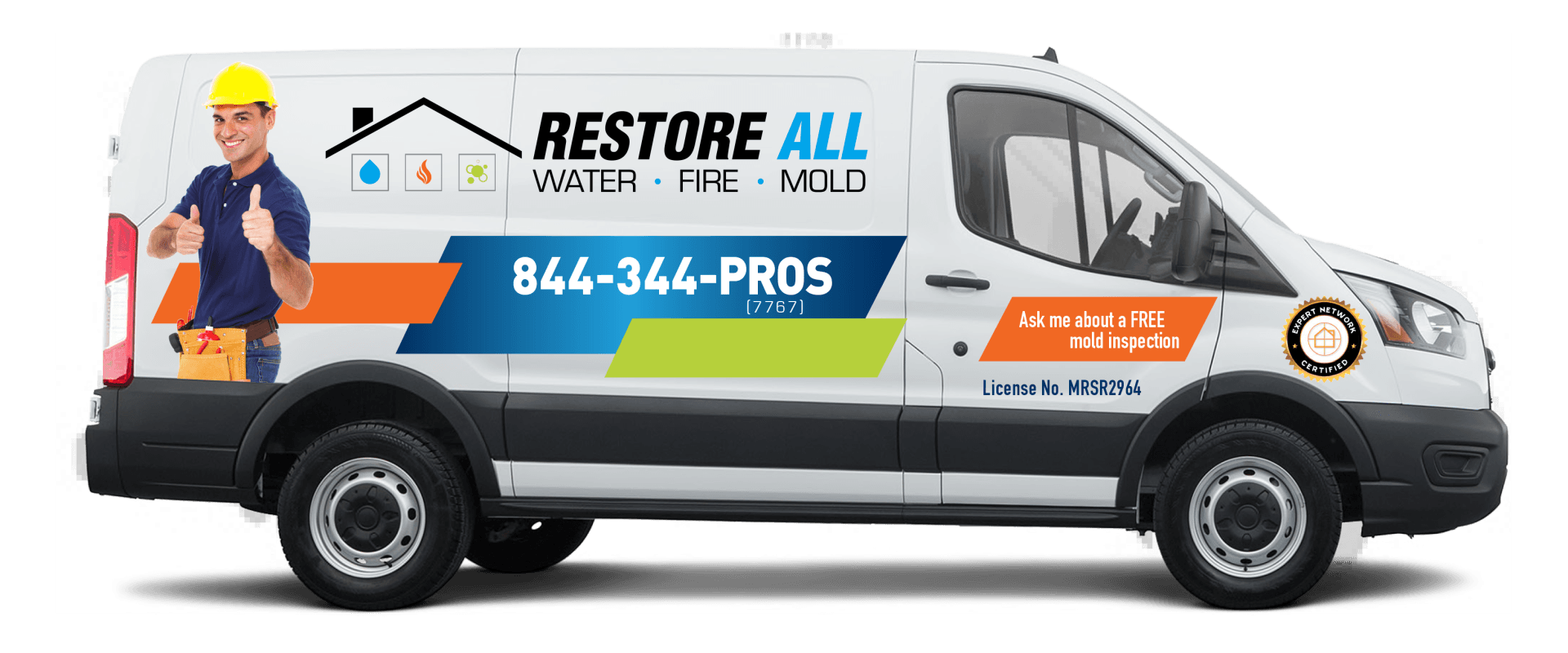
Free Inspections
Our No Obligation Inspection Covers...
- Roof Leaks
- Plumbing Leaks
- Air conditioning Leaks
- Window & Door Leaks
- Moisture Detection
- Roof Rejuvenation (Roof Maxx)
- Duct Sealing (Aeroseal)
We use the latest technologies, including Moisture & Humidity Meters and Infra-Red cameras, to detect even hidden damages to your home or office.
Cutting-edge Technology and a Simple, Safe Duct Sealant
You’re not getting the most out of your heating & air system
Did you know 25-40% of the air that’s supposed to blow through your vents is escaping through cracks and holes in your air ducts? You could be wastefully heating and cooling areas like your attic, crawl space, and even behind walls.
Not only that, dust, debris, and allergens are being sucked in and blasted all over your house. Yuck!
This is why your bedroom is freezing, your coffee table is always dusty, and your energy bill is through the roof.
The good news is… we make it easy to fix.
Frequently Asked Questions (FAQs)
Can you fix my hot and cold rooms?
Yes! Sealing your vents and ducts means that air is delivered where it’s needed, and not into your unused basement, attic or crawl space. This also helps get rid of hot and cold spots in your house.
Will this help my house be less dusty?
Absolutely! Leaky ducts and vents pull in dust, mold and dander and then blow them into living rooms, bedrooms, and kitchens. Gross, right? Our system can reduce leaky areas by as much as 90%, making sure dirt isn’t circulated in your house.
How much can I save on my utility bill?
A lot! Independent government-sponsored studies have shown that sealing your ducts can save you up to $850 per year! Most homeowners save at least 20%, some save as much as 40% of their total bill. Exact energy savings are difficult to predict, since they depend on where you live, how old your house is, how up to date your system is, how many rooms you need to heat or cool, and how energy costs are calculated in your area.
What does your initial inspection really tell me?
On our first visit to your home, we will look for any obvious leaks in your heat and air system. We can calculate how much cold and hot air you are actually losing in places like your attic, your garage, and in between walls.Many people already know they have hot and cold spots, or their energy bills are higher than the should be. So, our initial test helps you understand how well or how poorly your system is performing. Many people are surprised to find out how much good air they are losing through leaking ducts and vents.
Is your formula really safe for my family and my pets?
Without a doubt. Our formula is a water-soluble organic compound. We’ve helped hospitals, surgery centers, schools and public buildings make sure their air is clean, healthy and comfortable – and saved them energy and money in the process. You certainly can stay in your house while the technician is working (although we prefer that no one be in the home so our technicians can work quickly and efficiently), but as a precaution, we do recommend pregnant women, elderly people, and those with any breathing difficulties not be present while we are sealing your ducts and vents.
Does your sealant emit any harmful fumes?
Our sealant formula is derived from a natural organic compound; is safe to breathe; has been tested by an independent lab, and found to have an extremely low concentration of VOCs. Some say it has a small odor similar to or comparable to Elmer’s glue, which goes away within a few hours after completing the service.
How big of a leak can your sealant cover?
Holes bigger than 5/8 inches in diameter are too big for the sealant to bond to effectively. Any larger, major leaks – like broken, disconnected or damaged ducts – will need to be repaired prior to sealing. Most of the time, we uncover problems like this during our initial inspection. However, if we find this during our sealing process we can easily pause the system immediately to stop the flow of sealant, inspect for the problem area and provide an on the spot solution before resuming the seal process.
What if there is excess sealant? Where does it go?
Some of our formula may leak into the places where your air was previously leaking – attics, garages, and wall cavities. This is totally harmless, and will dry. As part of our process, we filter the air to make sure none of our sealant vapor escapes into your living areas.
Will your formula do any damage to my air conditioner, furnace, or personal electronics?
No. Our certified technicians are trained to protect all of your home equipment prior to sealing. Our formula is delivered via a temporary access point. Some items, like humidifiers or UV lights, may need to be removed and then re-installed as a precaution. Or, these items may simply be bagged or covered. If you have any extra-sensitive or expensive electronic equipment, we do recommend that you cover it – especially if it is close to air returns or registers. You don’t need to cover any furniture. Our technician will take care of all this for you.
How long does it take for the sealant to totally dry?
It depends on how much duct work you have, and how many leaks you have, but generally about two hours.
How long does this stuff last?
We guarantee our work for at least 10 years, and we’ve stress-tested it up to 40 years in homes. We expect your heating and cooling systems to work efficiently for as long as you own your home.
Do I need to have my ductwork cleaned first?
Sometimes, but not always. Any ducts that are extremely dirty should be cleaned first. We find this most often in older houses. Our technician will take a look at this during the initial inspection, and recommend a cleaning if needed.
If I have my ducts sealed, can they be cleaned in the future?
Yes. Ducts from all types of materials can be successfully cleaned after being sealed. Our formula is a very durable substance that remains flexible and pliable.
Will all the insides of my ductwork be coated with sealant?
No. Our formula doesn’t coat or line your ducts. The only sealant remaining after our technician is done will be over the leak that was sealed.
Sometimes my air conditioner/furnace rattles or hums. Will this help reduce that noise?
Not really. This noise is usually caused by two things – either the ductwork is too small for the size of the furnace or air conditioner you have, or the air flow through the indoor coil of your system is restricted for some reason. A contractor can identify the cause of any “loud” equipment and can recommend a solution for noise reduction.
Will duct sealing help reduce condensation on my crawl space ducts?
The primary causes of condensation on ductwork in unconditioned crawlspaces and attics is missing or otherwise inadequate duct insulation, no or poor vapor barrier on the ducts and/or too much moisture in the ambient air. If the above are addressed properly this usually eliminates or minimizes the problem greatly. Sealing the crawlspace is generally recommended as well, and a vapor barrier on the crawl space floor or ground to decrease moisture absorption into the air is a good idea. A free standing dehumidifier should also help. Aeroseal may help to a lesser degree if duct air leaks beneath insulation are causing the duct surface temperature to reach dew point, which is the temperature when condensation begins to form. Over time this condensation will degrade the insulation’s R value and its ability to prevent the duct temperature from reaching dewpoint.
I’m getting water in my in-slab ductwork when it rains. Will Aeroseal fix this problem?
Water getting into your in-slab ductwork is typically a sign of a much larger drainage issue with your home and sealing your ducts is not the solution to your problem. We recommend that your first step be to have a licensed contractor review your drainage situation.
Some Roof Rejuvenation Client Results
Duct Sealing Tips, Trends, & News
How Sealing Your Duct Work Can Slash Your Energy Bills…
As homeowners, we're constantly seeking ways to reduce our energy consumption and lower those pesky utility bills. One often overlooked solution that can make a significant impact is duct sealing. This comprehensive guide will explore how addressing leaky ductwork can...
The Role Your Duct Work Plays In the Health and Efficiency of Your Entire HVAC System and Equipment…
Visualize your home as a living, breathing organism, with the HVAC system serving as its circulatory system. Just as the human body relies on a network of veins and arteries to transport blood, your home's ductwork acts as the vital conduits that circulate heated and...
How Faulty Ductwork Drains Your Energy Efficiency and Increases Your Bills…
Maintaining a comfortable indoor climate in your home or commercial space is a top priority, but have you ever considered the critical role your air ducts play in this endeavor? These hidden pathways, responsible for distributing heated or cooled air throughout the...
